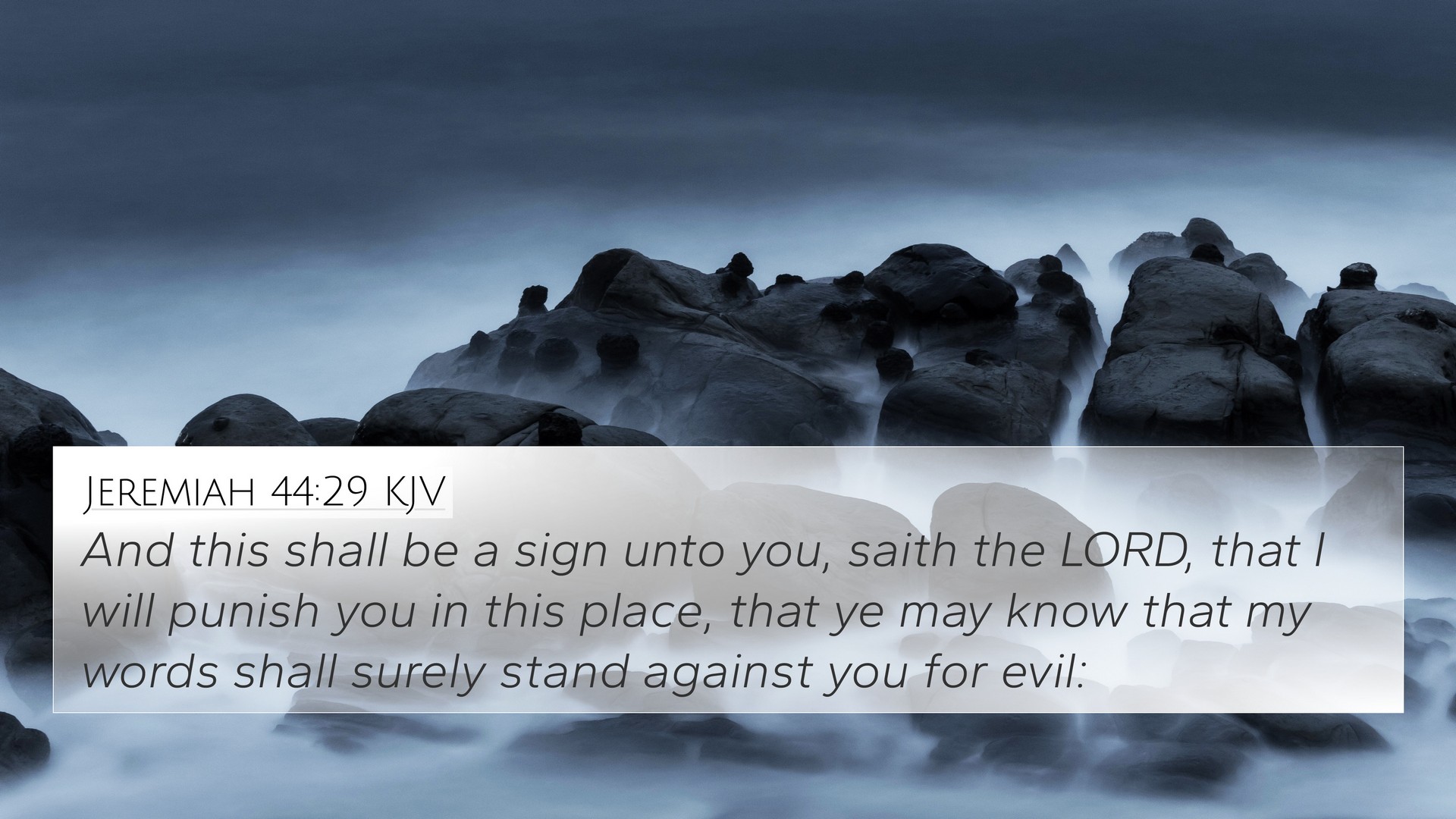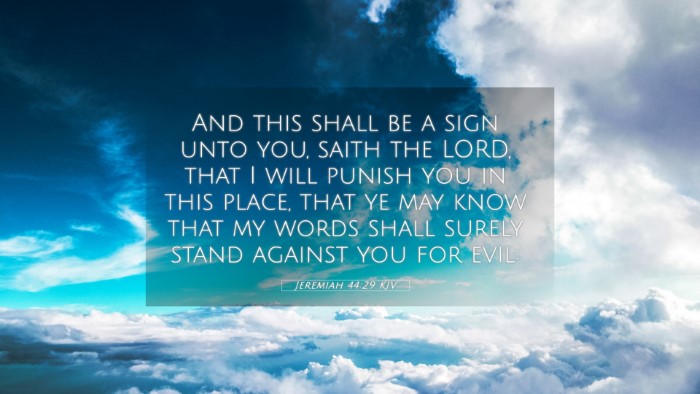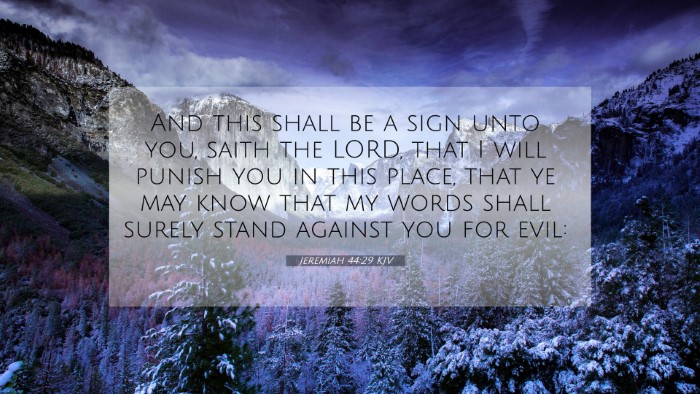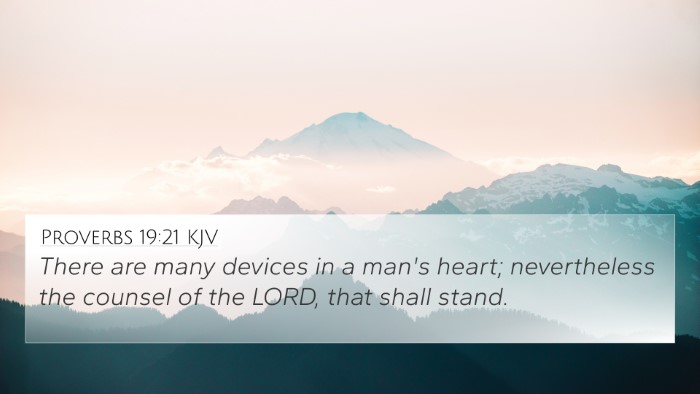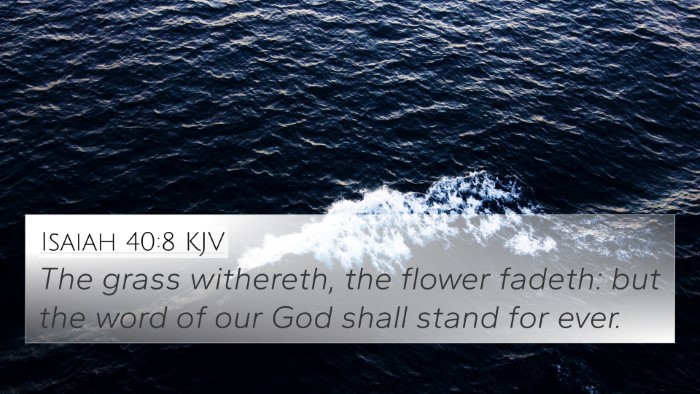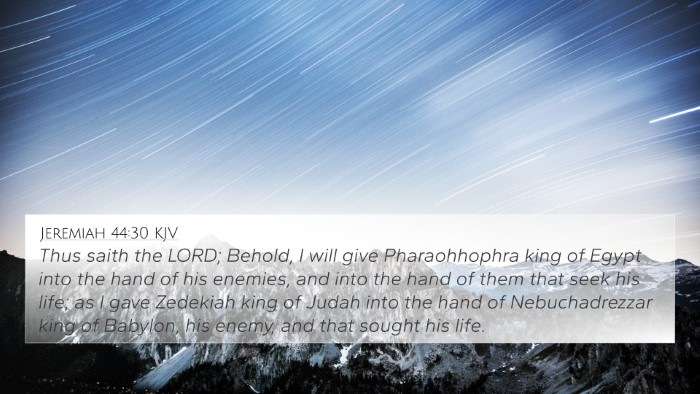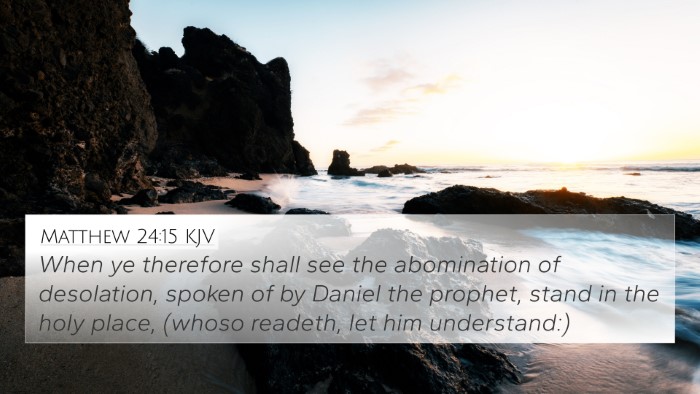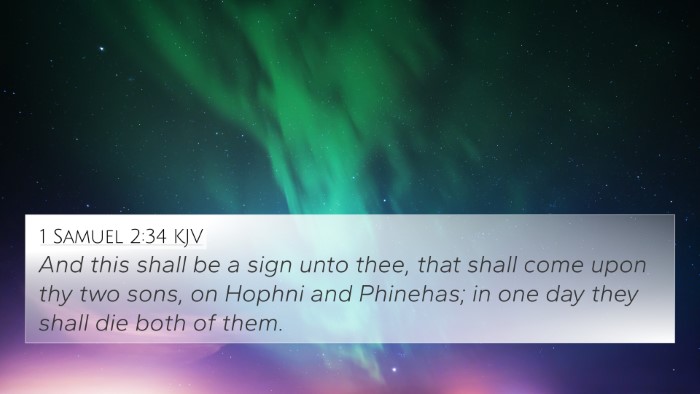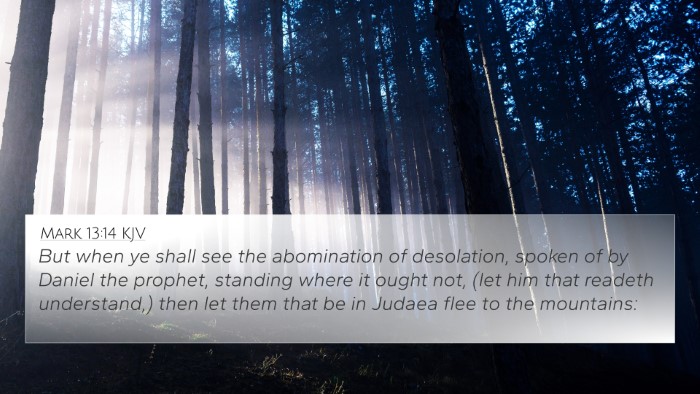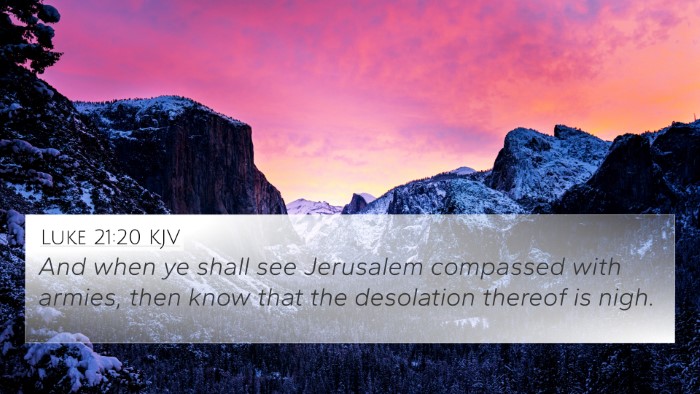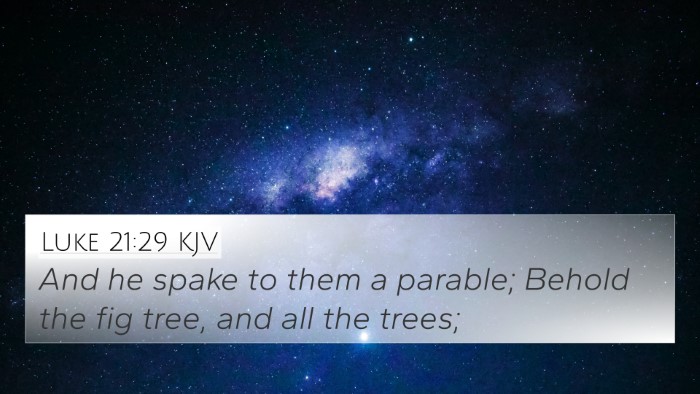Understanding Jeremiah 44:29
Jeremiah 44:29 states: "And this shall be a sign unto you, saith the Lord, that I will punish you in this place, that ye may know that my words shall surely stand against you for evil." This verse is part of a larger context where God is addressing the people of Judah, warning them about the consequences of their actions and the importance of heeding His words.
Commentary Insights
The insights from renowned public domain commentaries—Matthew Henry, Albert Barnes, and Adam Clarke—offer a comprehensive understanding of Jeremiah 44:29.
Matthew Henry
Henry emphasizes the certainty of God's word. He notes that the punishment mentioned is both a demonstration of God's justice and a way for the people to understand that their rebellion has consequences. Henry suggests that the phrase "my words shall surely stand against you" highlights the unchanging nature of God's decree. It serves as a reminder that God's warnings are to be taken seriously, as they foreshadow impending judgment for those who refuse to repent.
Albert Barnes
Barnes expands on the idea of a sign given to the people of Judah, indicating that the fulfillment of God's promises—not only of punishment but also of potential restoration—is crucial. He explains that the phrase implies a clear warning: the people must recognize that their disobedience will lead to dire consequences. Barnes points out that the certainty of God's words should inspire fear but also a hope for those who choose to turn back to Him.
Adam Clarke
Clarke further elucidates the notion of signs in the context of prophecy. He notes that every divine warning carries the weight of future fulfillment, suggesting that the people of Judah had ample evidence of God's power in the past. Clarke emphasizes the dichotomy between God's mercy and judgment, underscoring that although God is willing to forgive, there comes a time when the refusal to heed His words results in unavoidable consequences.
Key Themes in Jeremiah 44:29
- The Certainty of God's Judgment: This verse encapsulates the reality that God's words and prophecies come to pass, particularly when they concern judgment.
- The Importance of Obedience: The people are reminded that disobedience leads to punishment and that they should heed the words of the Lord.
- God's Faithfulness: Despite the warnings, God's ultimate plan involves restoration for those who repent, indicating His unwavering faithfulness to His promises.
Cross-References
To further enrich the understanding of Jeremiah 44:29, here are associated Bible cross-references that illuminate similar themes and ideas:
- Jeremiah 1:12: "Then said the Lord unto me, Thou hast well seen: for I will hasten my word to perform it."
- Isaiah 55:11: "So shall my word be that goeth forth out of my mouth: it shall not return unto me void, but it shall accomplish that which I please, and it shall prosper in the thing whereto I sent it."
- Ezekiel 12:28: "Therefore say unto them, Thus saith the Lord God; There shall none of my words be prolonged any more, but the word which I have spoken shall be done, saith the Lord God."
- Numbers 23:19: "God is not a man, that he should lie; neither the son of man, that he should repent: hath he said, and shall he not do it? or hath he spoken, and shall he not make it good?"
- Proverbs 1:24-26: "Because I have called, and ye refused; I have stretched out my hand, and no man regarded; But ye have set at naught all my counsel, and would none of my reproof: I also will laugh at your calamity; I will mock when your fear cometh."
- 2 Peter 3:9: "The Lord is not slack concerning his promise, as some men count slackness; but is longsuffering to us-ward, not willing that any should perish, but that all should come to repentance."
- Romans 11:22: "Behold therefore the goodness and severity of God: on them which fell, severity; but toward thee, goodness, if thou continue in his goodness: otherwise thou also shalt be cut off."
Conclusion
Jeremiah 44:29 serves as a formidable reminder of the significance of God's word and the importance of heeding His warnings. The cross-referenced verses further reinforce the theme of judgment and mercy, demonstrating that God's promises—whether of punishment or restoration—are reliable and worthy of our attention. For those studying the Bible, these connections can deepen understanding and foster a greater appreciation for the complexity and richness of scriptural themes.
